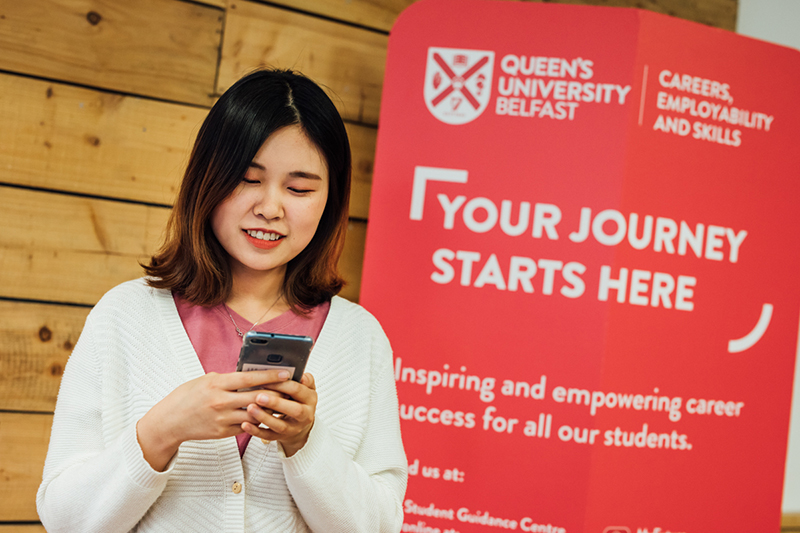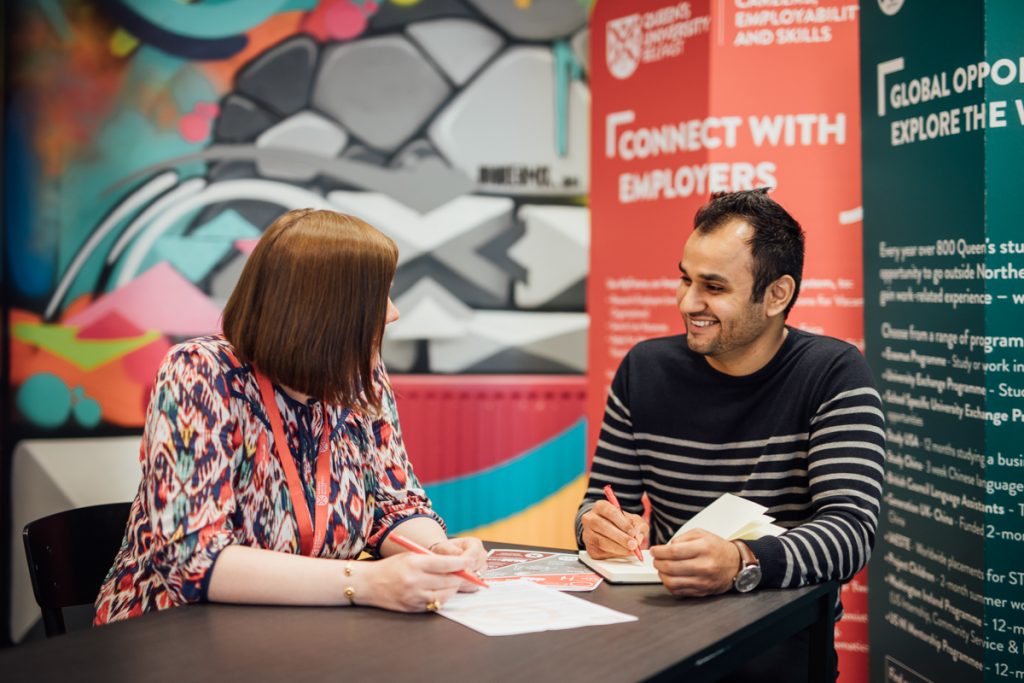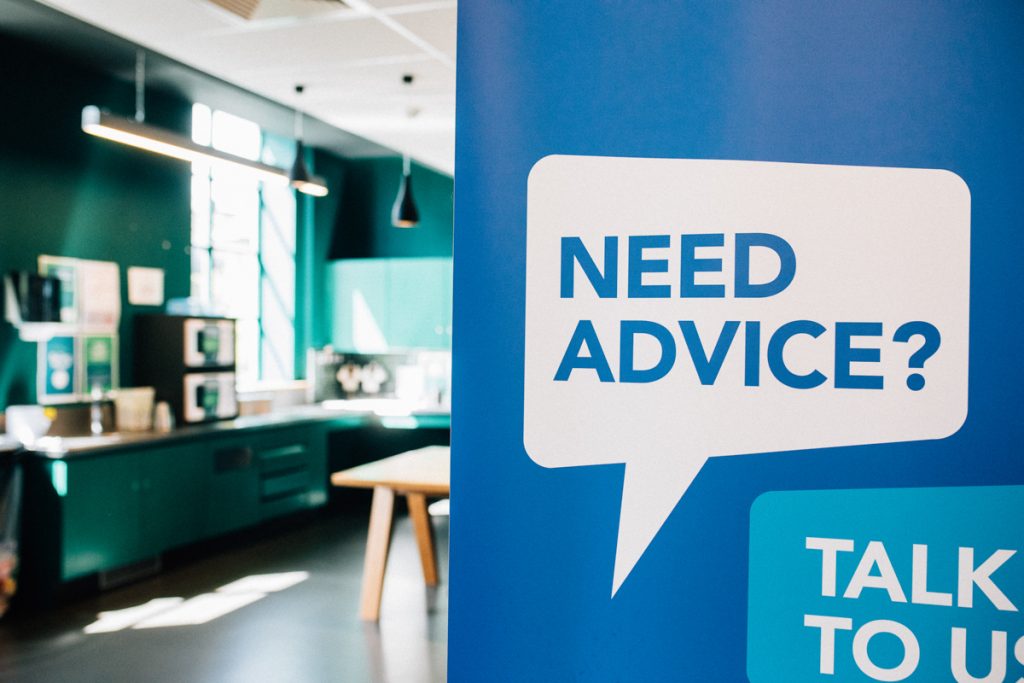Here, your step by step guide on getting the most from Vmock
Start by logging on to the CV checker and download the guidance notes and CV templates.
- Write or tailor your CV
2. Once you are happy click the upload button and select the PDF version of your CV
3. CV checker will assess your CV against a range of measures and provide you with a score
4. Try not to focus on score. Look at the detailed feedback Stronger points are shown in green and weaker points in red.
5. CV checker provides feedback on three different elements
Impact – this section ensures your CV is action orientated and avoids overused or ineffective words
Presentation – this section will give tips on how to improve the visual aspect of your CV like length font, structure and grammar
Content – thissection will give feedback on how well you have demonstrated in demand competencies like communication, teamwork and leadership.
6. The feedback is colour coded by three zones: green, amber and red.
Red – Further work needed. You need to spend some more time on all 3 areas within your CV. Read through the targeted feedback for each of the 3 areas. Make amendments to improve your score and upload once again. If you are still in the red zone, book an appointment to see a Careers Consultant or Placement Officer to help you get on track (and bring the feedback with you)
Amber – You are on track to presenting your skills and experiences to good/best effect. If your score is in the high amber zone (70+), you have done a good job in presenting your CV.
Note this is an automated system, so you should still exercise good judgement in deciding what to accept and what to consult on with Careers/Placement staff. You may still need to make some further/final refinements to really showcase your skills and experiences to best effect.
Green – Great job. Your CV is meeting the main expectations in terms of presentation, how you are showcasing impact and your personal capabilities/competence. You may wish to ask a Careers Consultant or Placement officer to give you final feedback before sending on to an employer.
A colour coded score system using green, amber and red lets you know which areas you need to work on.
UPDATE: You have the option of choosing what you are using your CV for- applying for a graduate job or a placement, internship or work experience opportunity.
If you are signing in to VMock for the first time you will be given the option to choose what type of CV you want to upload and if you are an existing user and want to change CV type go to your account settings by clicking on the matrix in the top right of your screen.
7. Once you digested your feedback, make the appropriate changes and upload it again to CV checker.
8. It may also be beneficial to ask a Placement Officer or Careers Consultant to make a final review before sending out to employers.
9. Stand out when you apply for your next role.
Need more CV help? Check out our website.
















